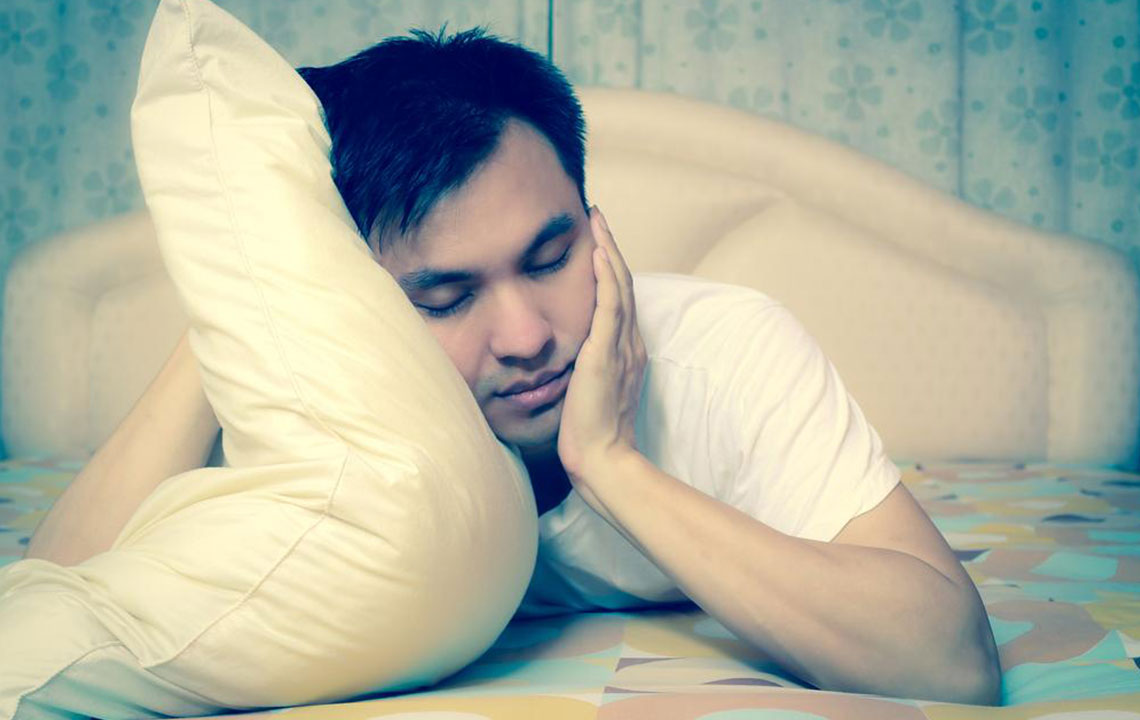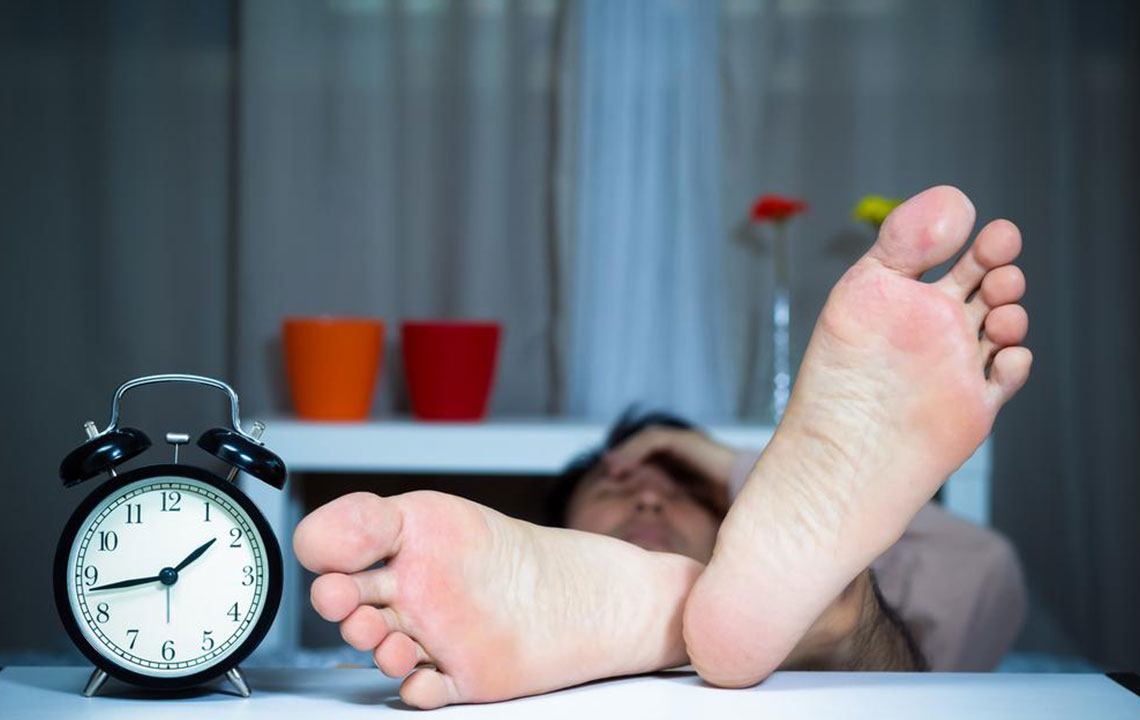Comprehensive Guide to Types of Sleep Disorders and Effective Solutions
This comprehensive guide explores various types of sleep disorders, their causes, and practical solutions for better sleep. Learn how lifestyle changes, stress management techniques, and professional support can help overcome insomnia and improve overall sleep quality. Maintaining a consistent routine and creating a relaxing sleep environment are essential steps to achieving restful nights and enhancing overall well-being.

Comprehensive Guide to Types of Sleep Disorders and Effective Solutions
Sleep disturbances are common issues that many individuals face at some point in their lives. From occasional restless nights to persistent insomnia, these problems can significantly affect daily functioning, mental health, and overall quality of life. Understanding the various types of sleep disorders, their causes, and practical remedies is essential for achieving restful sleep and maintaining good health. This comprehensive guide aims to explore the different forms of sleep difficulties, their underlying factors, and effective strategies to improve sleep quality.
Sleep problems can range from temporary issues caused by daily stressors to chronic conditions requiring medical attention. Breaking down sleep disorders into categories helps in targeted management and treatment. The two primary classifications are short-term or acute sleep issues and long-term or chronic sleep problems. Acute sleep disturbances often arise unexpectedly and last for a brief period, typically less than a few weeks. On the other hand, chronic sleep issues persist for three months or longer and occur more than three nights per week, indicating an underlying health concern or persistent lifestyle factor.
Within these categories, insomnia is the most prevalent disorder, which can further be divided into various subtypes. Sleep onset insomnia refers to difficulty falling asleep, while sleep maintenance insomnia involves waking up frequently during the night and struggling to return to sleep. Both types can disrupt normal sleep cycles, leading to daytime fatigue, irritability, and decreased productivity. Identifying the specific type of sleep disorder is crucial for implementing the most effective remedies.
Fortunately, many sleep problems can be alleviated through lifestyle modifications and behavioral changes. Establishing a consistent sleep routine is fundamental. This includes going to bed and waking up at the same time every day, even on weekends. Creating a relaxing bedtime environment free from distractions such as electronic screens, bright lights, and loud noises can promote better sleep. It’s advisable to reserve the bedroom for sleep only, avoiding engaging in stimulating activities like work or intense conversations in this space.
Stress management techniques play a pivotal role in improving sleep quality. Practices like meditation, yoga, deep breathing exercises, and progressive muscle relaxation can help calm the mind and prepare the body for rest. Limiting caffeine, alcohol, and heavy meals close to bedtime can also reduce sleep disturbances. When sleep difficulties persist, engaging in calming activities outside the bedroom, such as reading or listening to soothing music, can create a mental association between these activities and relaxation, making it easier to fall asleep naturally.
If self-help strategies are insufficient, consulting a healthcare professional is recommended. Sleep studies and medical assessments can identify underlying issues such as sleep apnea, restless leg syndrome, or other medical conditions that might require targeted treatment, including therapy or medication. Addressing sleep disorders holistically enhances not just sleep quality but overall health and well-being.
In summary, understanding the different types of sleep difficulties and their causes enables individuals to adopt effective remedies. Consistent routines, stress reduction, and proper sleep hygiene are key components to overcoming insomnia and achieving restful, restorative sleep. Recognizing when to seek professional help ensures that sleep disorders are managed appropriately, ultimately leading to a healthier, more energized life.





